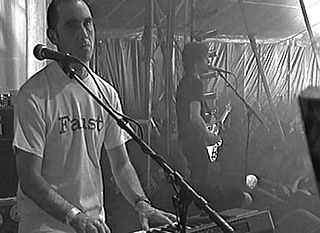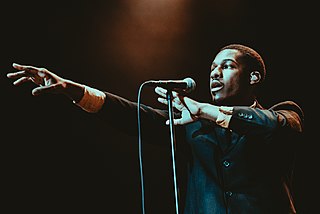A Quote by Paul Bloom
When I write I'll sometimes say things which are somewhat controversial - not because I'm seeking out controversy for its own sake, but if I don't have anything to say which is different, why am I bothering to write stuff down in the first place?
Related Quotes
They [candidates] say, "I don't want to say anything controversial." And so nobody covers them. Then they blame the journalists, saying "Why don't they write down what I said?" In congressional races, 90 percent of the time the answer is, "Because you are boring and you don't have anything that makes me interested in listening to you. Why the heck should somebody write it down? There's nothing here worth hearing."
There are, first of all, two kinds of authors: those who write for the subject's sake, and those who write for writing's sake. ... The truth is that when an author begins to write for the sake of covering paper, he is cheating the reader; because he writes under the pretext that he has something to say.
I'm finding things out about myself as a person - as a writer - as I write, and so are the people who listen to what I do. But they have this additional aspect of how they take the stuff that I do, and so it broadens the work and it creates this strange connection. It's really a way of strangers communicating through this third thing, which is a body of work. But really, I know it's a cliché to say I write for myself, but I write for myself.
The parts that embarrass you the most are usually the most interesting poetically, are usually the most naked of all, the rawest, the goofiest, the strangest and most eccentric and at the same time, most representative, most universal... That was something I earned from Kerouac, which was that spontaneous writing could be embarrassing... The cure for that is to write the thing down which you will not publish and which you won't show people. To write secretly... so you can actually be free to say anything you want.
Thoughts are created in the act of writing. [It is a myth that] you must have something to say in order to write. Reality: You often need to write in order to have anything to say. Thought comes with writing, and writing may never come if it is postponed until we are satisfied that we have something to say...The assertion of write first, see what you had to say later applies to all manifestations of written language, to letters...as well as to diaries and journals
Write a lot. And I mean a ridiculous amount. You have to write so much that you don't mind throwing away and changing things that you've written - which is the second thing you have to do. A lot of young writers are very precious about their words. Don't be - you've got to be ready to burn stuff. You're not as good as you think you are, at least not yet. The more you write, the faster you'll write, and the less you'll mind throwing stuff out.





































